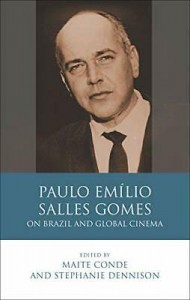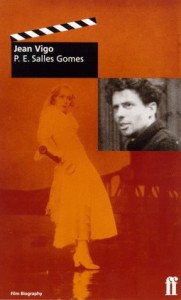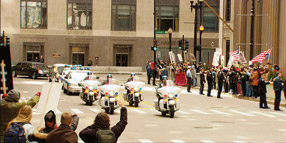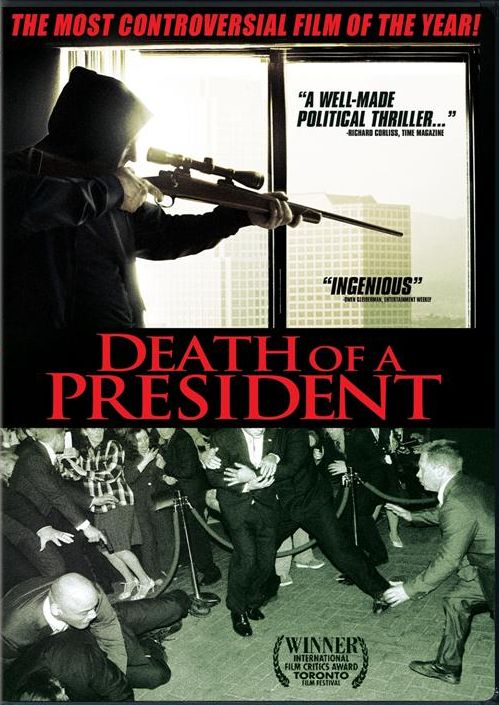Il Cinema Ritrovato DVD Awards 2017
Jurors: Lorenzo Codelli, Alexander Horwath, Lucien Logette, Mark McElhatten, Paolo Mereghetti, and Jonathan Rosenbaum. Chaired by Paolo Mereghetti.
PERSONAL CHOICES
Lorenzo Codelli: Norman Foster’s Woman on the Run (1950, Flicker Alley, Blu-ray). A lost gem rescued by detective Eddie Muller’s indefatigable Film Noir Foundation
Alexander Horwath: Déja s’envolé la fleur maigre (Paul Meyer, 1960, Cinematek/Bruxelles, DVD) and Il Cinema di Pietro Marcello: Memoria dell’immagine (2007-2015, Cinema Libero/Cineteca di Bologna, DVD). Regarding the latter: with this cinematheque-style DVD, subtitled in English and French, one of the greatest contemporary filmmakers, whose work is still under-appreciated outside Italy, receives his rightful chance for global recognition.
Lucien Logette:
Tonka Šibenice (Karel Anton, 1930, Czech Republic, Národní filmový archiv/Filmexport Home Video, DVD)
One of the first Czech sound films. Like many great films of that era, it reflects several influences: expressionism, social realism, Kammerspielfilm, the art of Soviet photography, all used remarkably, without imitation. It contains all the great themes of the end of the silent period: the opposition between the city and the countryside, the misdeeds of modern society, frustrated loves ending in drama, themes served by an astonishing visual beauty.
Mark McElhatten: Kafka Goes to the Cinema (Munich, 4 DVD box set, Edition Filmmuseum). Read more
For Cineaste, Spring 2020. — J.R.

Paulo Emílio Salles Gomes
On Brazil and Global Cinema
Edited by Maite Conde and Stephanie Dennison.
Cardiff: University of Wales Press, 2018, 242 pp.,
Hardcover: $199.99, Kindle: $64.60, Paperback (from
University of Chicago Press): $68.00

Brazilian critic, film historian, and teacher Paulo Emílio Salles Gomes (1916-77) is principally known outside of Brazil as P.E. Salles Gomes, the author of the 1957 book Jean Vigo — not only a definitive biography, essential to Vigo’s posthumous rediscovery, first published in France (and translated from French to English in the early 1970s by the author), but also clearly one of the first major critical biographies of any filmmaker in any language. The editors of this volume, however, usually refer to him simply as Paulo Emílio, and picking up on their friendly Brazilian etiquette, I will follow suit.
$68.00 is an outrageous price for a paperback book less than 300 pages long, suggesting a volume intended only for well-funded libraries and professors with institutional perks to spare. But I’m also obliged to report that this first collection by a major and widely neglected figure in film studies redirects my thoughts about cinema like few other recent books. Read more
From the Chicago Reader (October 27, 2006). — J.R.

Death of a President **
Directed by Gabriel Range
Written by Simon Finch and Range
With Hend Ayoub, Brian Boland, Patricia Buckley, Jason Abustan, and Chavez Ravine

I dislike few buzzwords more than mockumentary, which even academics now use casually and uncritically. People often assume it’s a neutral descriptive term, but unlike pseudodocumentary — an honest and serviceable label — mockumentary leads many to conclude that the documentary form that’s being imitated is also being made fun of. Most of the works that get labeled mockumentaries are actually honoring the form, by using its techniques to make them seem more real.
According to Wikipedia, the term was first used by Rob Reiner while describing his own This Is Spinal Tap (1984), a popular spoof that led to many successors, including movies directed by Christopher Guest like Best in Show and A Mighty Wind. But these films weren’t so much mocking the documentary form as mocking documentary content. Of course there are films that mock documentary form much more directly, including Peter Watkins’s The Battle of Culloden, Jim McBride’s David Holzman’s Diary, and Orson Welles’s Citizen Kane and F for Fake. Read more




